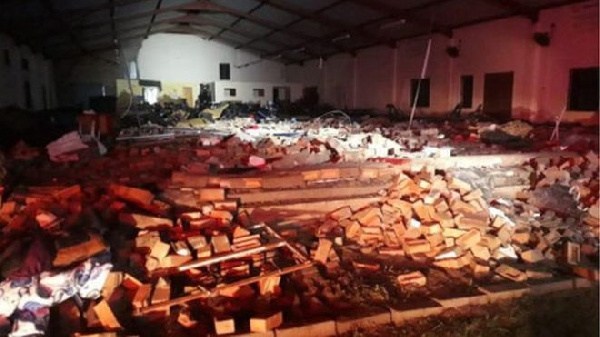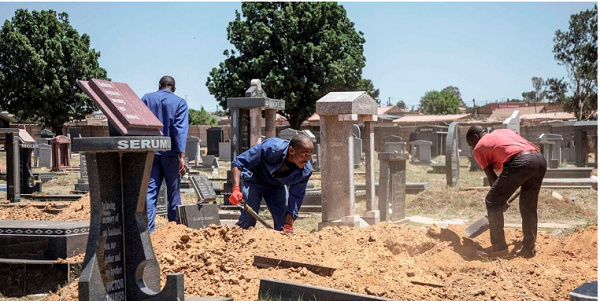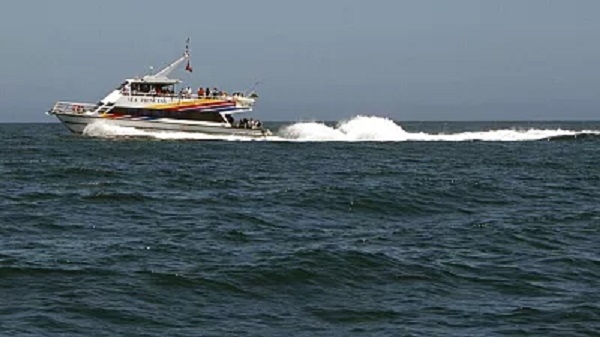SA: Government opens criminal cases against 26 municipalities over sewage pollution crisis
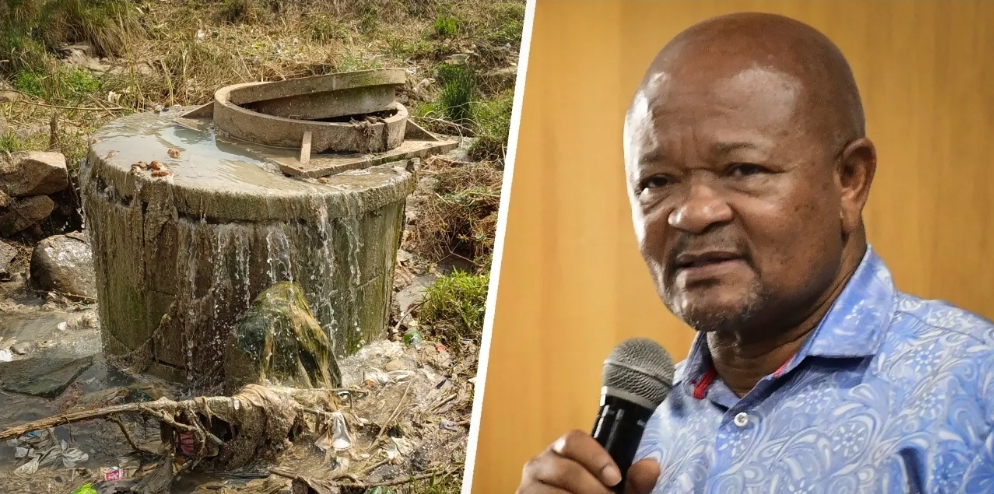
Responding to a recent article in Daily Maverick about the prosecution of the Govan Mbeki Local Municipality in Mpumalanga for a series of sewage pollution offences, DWS spokesperson Wisane Mavasa has disputed suggestions that there is “little evidence that similar tough action” is being pursued against municipalities in other provinces.
In fact, Mavasa stated, the DWS had opened several criminal cases against municipalities for repeated sewage spills or failing to comply with government clean-up directives.
Her department has also provided a spreadsheet listing the current criminal cases against municipalities in six provinces. Some cases go back as far as 2018, but the majority of cases were opened last year.
So far, however, only four of these 36 cases have led to convictions after four municipalities (three in Mpumalanga and one in Gauteng) agreed to plead guilty in terms of plea and sentence agreements.
In a fifth case, the department secured a civil court interdict against the Msukaligwa Local Municipality in Mpumalanga. The department noted that fresh criminal charges had been laid after a previous docket against this municipality “got lost” at a local police station.
On a provincial basis, the list indicates that eight criminal cases were opened against eight Mpumalanga municipalities, 10 against four Limpopo municipalities, eight against four Free State municipalities, five against five North West municipalities, four against four Gauteng municipalities and one against the Kannaland municipality in the Western Cape.
With the exception of four pending cases against the City of Johannesburg and Tshwane metros, most cases involve alleged transgressions by smaller local or district municipalities.
Despite the department’s assurances of tough action, the recent plea and sentence convictions against the Lekwa, Govan Mbeki, Rand West and Thaba Chweu municipalities have raised several questions around the legal remedies available to local communities and the national DWS.
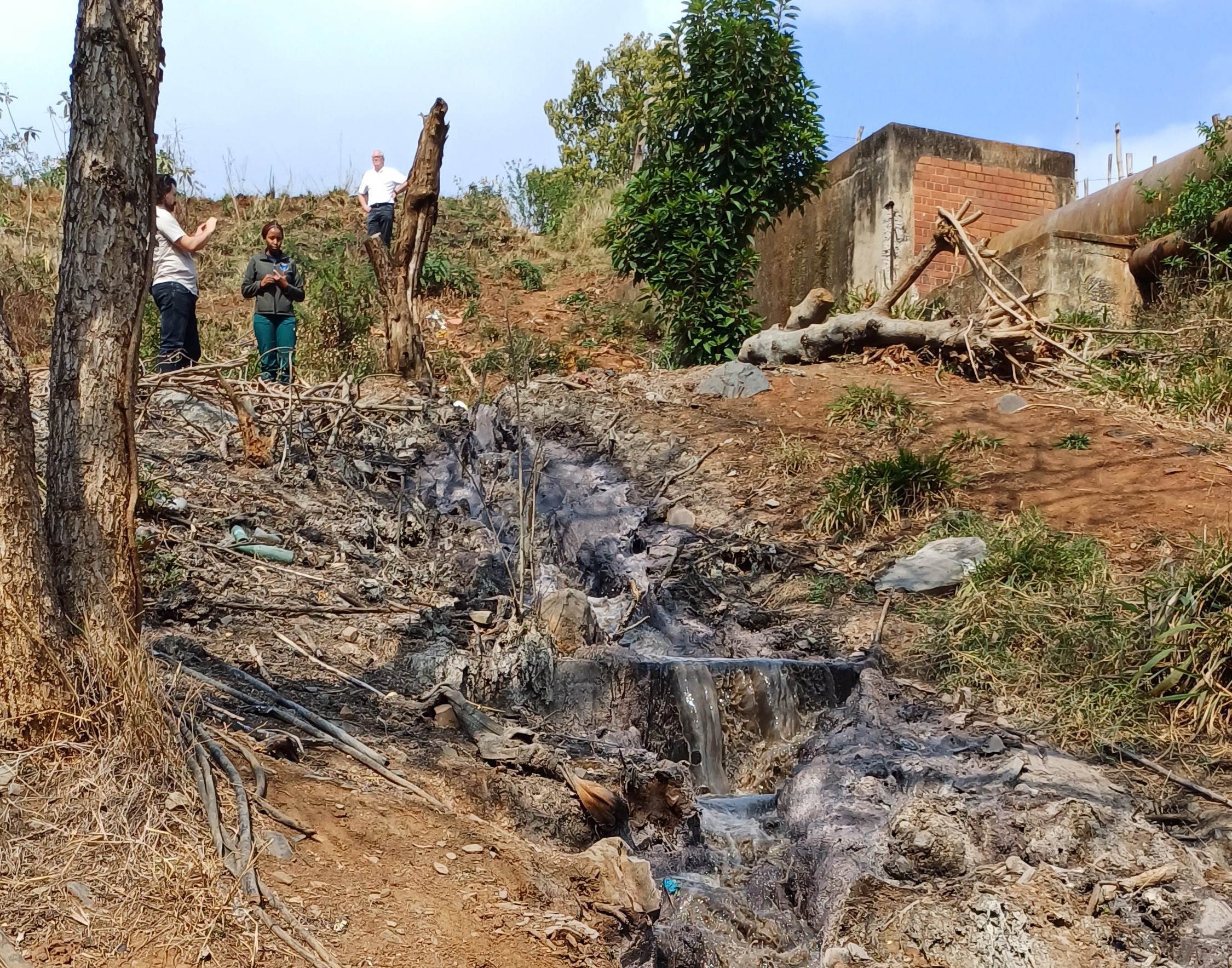
Sewage and industrial effluent pour down a hillside in the Peacevale area outside Pietermaritzburg. Residents say this leak has been going on for five years. (Photo: Msunduzi River Crisis Committee)
Sceptisism
Four recent plea and sentence agreements led to substantial monetary fines against these municipalities, but some observers have voiced scepticism on whether such agreements lead to real action or accountability from senior municipal officials.
Several Daily Maverick readers have questioned who ends up paying these fines; whether the remedial action will be effective and whether monetary fines are a suitable punishment when levied against the municipality as an entity — instead of the personal pockets of senior council officials.
According to legal researcher Dr Johandri Wright, a recent civil court judgment has helped to provide further legal clarity on the role of the courts in enforcing the law and Constitution in cases where the oversight function of the national government is ignored by local government bodies.
Wright, a postdoctoral fellow at the University of the Western Cape, said the case also illustrated that municipalities can no longer hide behind “lack of funding” as a general excuse for not fulfilling their obligations.
Writing in the Local Government Bulletin of the Dullah Omar Institute, she provided a legal analysis of the recently concluded civil case, Minister of Water and Sanitation v Msukaligwa Local Municipality and Others.
Wright noted that, over a period of several years, the DWS issued several directives to this municipality to halt excessive levels of human faecal contamination from the Ermelo wastewater treatment works.
As a last resort, the minister approached Mpumalanga High Court Judge Bruce Langa for an interdict.
In its defence, the municipality argued that the minister had not declared a formal dispute in terms of the Intergovernmental Relations Framework Act of 2005.
It argued that this Act prohibits any litigation between two organs of state unless a dispute is formally declared and all reasonable efforts to resolve the dispute have failed.
The municipality also cited its financial woes as a defence for not complying with the National Water Act.
In his ruling, Judge Langa showed that over the past several years, the DWS had explored many channels to address the non-compliance of the municipality, but nothing had been achieved.
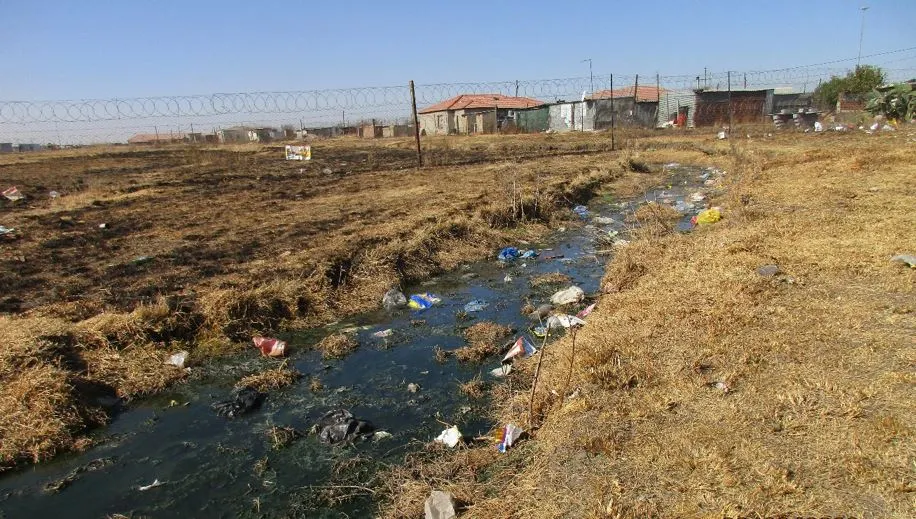
A makeshift channel drains regular sewage overflows near homes in Embalenhle, Mpumalanga. (Photo: Supplied)
Langa commented: “In this case, the municipality clearly remained supine despite the critical problem that was raised many times by the minister … the minister cannot now be faulted for approaching the courts for relief.”
On the second argument, Wright said the municipality did not provide any detailed information on why it was not financially capable of providing basic water and sanitation services — despite having Treasury funding allocations and provision in its budget to provide these services.
“Consequently, the court found that it is not sufficient for municipalities to ‘throw hands up in the air and say it does not have funding’. Another point was that this situation did not occur overnight, but that it was slow onset and caused by many years of mismanagement.”
In an interview with Daily Maverick last week, Wright suggested that Mchunu’s department — and affected local communities — should rather consider carefully structured civil court interdicts.
Such interdicts should impose strict and enforceable obligations on errant municipalities to remedy problems over a reasonable time frame.
She believes that resolving such failures becomes complex when mayors, city managers and senior staff are often replaced after local government elections.
In some provinces, local governments were also unstable because of intense political rivalry — including the murder of councillors — and lacked skilled technical staff to operate wastewater treatment works. DM


